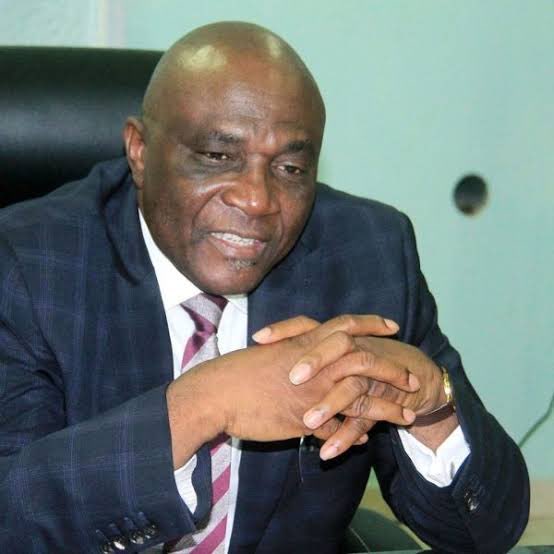Presidential spokesman, Bayo Onanuga, has taken a swipe at key opposition figures—Atiku Abubakar, Peter Obi, and Nasir El-Rufai following the poor showing of the African Democratic Congress (ADC) in the recently concluded bye-elections.
In a post shared on Monday morning via his official X (formerly Twitter) handle, Onanuga uploaded a photo of the trio with a short caption: “How is the market now?” a common Nigerian phrase often used sarcastically to mock someone after a failed effort or decision.
The message was widely seen as a taunt, directed at the opposition bloc, especially after reports surfaced that they had thrown their weight behind ADC candidates in the bye-elections as a way of testing their popularity ahead of the 2027 general elections.
The bye-elections, which were held across selected federal and state constituencies, resulted in a dominant performance by the ruling All Progressives Congress (APC), while the Peoples Democratic Party (PDP) and the New Nigeria Peoples Party (NNPP) picked up a few seats. The ADC, however, failed to win any notable contest, raising questions about its relevance and the strength of the opposition’s evolving coalition.
Political observers believe the ADC’s poor outing is a setback for efforts by some opposition leaders to form a united front against President Bola Tinubu in the next election cycle.
Former Vice President Atiku Abubakar of the PDP, Labour Party’s Peter Obi, and former Kaduna State Governor Nasir El-Rufai have all been in the spotlight in recent months amid rumours of high-level talks to form a “third force” or a mega opposition alliance.
Although the trio has not publicly declared their political alliance through ADC, many believe the party was used as a test platform to gauge the readiness of voters to support an alternative to the ruling APC.
Onanuga’s post reflects the confidence within the presidency and the APC following their strong showing in the bye-elections. It also signals that the ruling party sees the current opposition formation as weak and lacking grassroots support.
The phrase “How is the market now?” quickly caught attention online, with supporters of the APC praising the jab, while opposition supporters criticised it as insensitive and premature, given the political complexities ahead of 2027.
Some political analysts have warned against underestimating the opposition, noting that while the bye-election results favoured the APC, general elections tend to be more dynamic and unpredictable, especially with potential coalitions forming.
“This was just a test run,” said political analyst Ugochukwu Eze. “The bye-elections may not reflect the full strength of the opposition. What will matter is how united and strategic they become before 2027.”
In the 2023 presidential elections, President Bola Tinubu of the APC won with 8.7 million votes, while Atiku Abubakar of the PDP and Peter Obi of the Labour Party got 6.9 million and 6.1 million votes respectively. The close margin has kept opposition hopes alive, and many believe that a united front could pose a serious challenge in the next polls.
However, internal divisions, lack of coordination, and ego clashes among leading opposition figures remain key obstacles.
Meanwhile, the APC’s continued grip on many constituencies through bye-elections has bolstered its standing, and the presidency is leveraging such victories to showcase ongoing public support for the Tinubu administration despite economic challenges and policy criticisms.
Onanuga, a veteran journalist and senior presidential aide, has consistently used his social media platforms to defend the administration’s policies and fire back at critics. His recent post fits into a broader strategy of shaping public opinion and undermining opposition narratives.
The ADC’s failure to make a mark in the bye-elections also raises questions about its positioning as a platform for opposition unity. Founded in 2005, the party has long struggled to gain national traction despite fielding presidential candidates and aligning with bigger political figures during election cycles.
For now, the bye-election results have given the ruling party more momentum and talking points, while forcing opposition strategists back to the drawing board.

